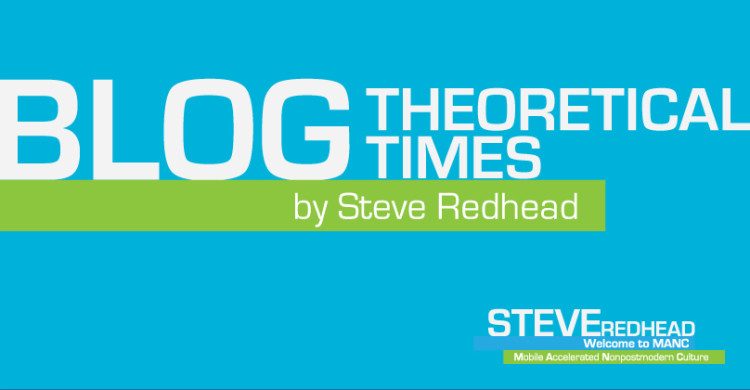
Welcome to the first Theoretical Times blog post of 2018! Alain Badiou, in some ways the last of the French philosophers and an emblem for my phrase Theoretical Times, turns 81 years old this month and is still as productive as ever. His life and work is a lesson to us all, particularly the young, as we all moan about not having the time to do things. He announced in January 2017 that he was going to end his seminar in Paris which has lasted over fifty years, beginning in 1966 and held in a number of different public venues. But he continues to write, publish and lecture around the world. This year will see the publication of his third book in the Being and Event trilogy; The Immanence of Truths, which follows Being and Event and Logics of Worlds, is eagerly anticipated around the globe. In many ways Badiou, in spite of his contradictions, is France’s heir to Jean-Paul Sartre and Louis Althusser. His friend and fellow global theorist Slavoj Zizek has said about him that ‘a figure like Plato walks here among us’. We should indeed be glad to have him around in these troubled and disturbing times.
Alain Badiou was born in 1937 in Rabat, Morocco. His father, Raymond, was a mathematics teacher and socialist politician who became Mayor of Toulouse. Alain Badiou was also fascinated by mathematics and philosophy and socialist politics, becoming part of a small Maoist group in the 1960s and affirming a post-Maoism for much of the rest of his life. His work today revolves around the ‘Communist Idea’ and the ‘Communist Hypothesis’, very different formations from the Soviet and Chinese failures of communism. In 1956 Badiou went to the Ecole Normale in Paris, passing out in 1960, where he encountered the French philosopher and Communist Party (PCF) militant Louis Althusser. In the early 1960s Badiou became a schoolteacher like his father but in 1963 started teaching philosophy at the University of Reims in France. In 1966 Badiou moved closer to Althusser, who asked him to give a seminar. Later he also worked on Althusser’s philosophy seminar for scientists. Badiou was soon appointed Professor at the University of Vincennes in 1969. In fact though it was Jean-Paul Sartre who was most influential on the life and work of Badiou in the 1950s and early 1960s. Early on, following in Sartre’s footsteps, Badiou wrote a trilogy of novels. He also wrote plays and many political essays and reviews as his university life got under way. He also hosted a series of TV programmes in the mid-1960s which interrogated French philosophers including Jean Hyppolite, Raymond Aron, Paul Ricouer and Michel Foucault. In some ways it was Sartre’s ‘idealism in the streets’ rather than Althusser’s PCF militant activist persona that inspired Alain Badiou. Later Sartre’s existentialism and phenomenology showed its limitations to Badiou. As his career rolled on Badiou eventually became a singular global theorist to be read, studied and debated with, moving centre stage after spending many years in the wings. As Bruno Bosteels has said about Badiou, over the early years of the twenty-first century he has risen sharply from the anonymity that he worked tirelessly in for decades.
Alain Badiou’s most recent book The True Life is an oddity in many ways – as Badiou says at the beginning of the book, why is he as an octogeniarian interested in his late years in writing on issues to do with youth? The book partly concentrates on that question, the relationship of youth to the future. Socrates had the allegation that the aim of philosophy is to corrupt youth flung at him back in classical times. Badiou answers such claims by querying whether contemporary youth globally will be a radical influence on the future as his own generation was in France and around the globe in the 1960s, or whether they will become ever more entrenched in the vortex of capitalist consumerism or else even more seduced by the traditional ways of life set out for them by their elders. In the UK General Election of 2017 it was said by commentators that Labour leader Jeremy Corbyn unexpectedly inspired the under 30s to (almost) win a famous victory. As the Byrds proclaimed on their 1967 album we are ‘Younger Than Yesterday’, an oblique reference to the Bob Dylan anthem My Back Pages they cover on it – ‘Ah but I was so much older then, I’m younger than that now’ sang Dylan. Badiou, too, as he clocks in at 81 on January 17, always interested in a renovation of theory and politics, is younger than yesterday it seems.